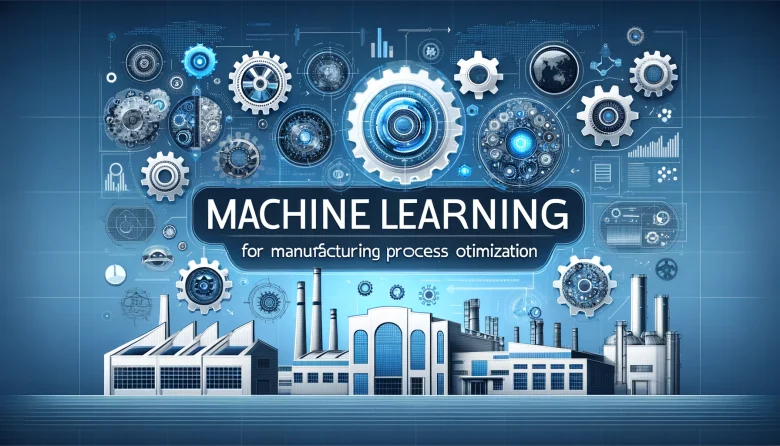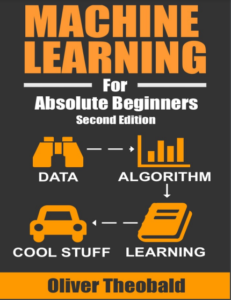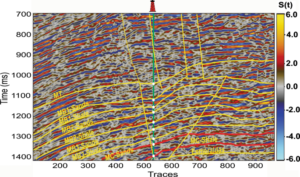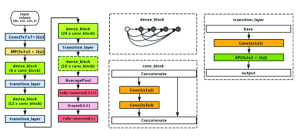Introduction to the Power of Machine Learning in Manufacturing
AI (ML) has turned into a distinct advantage in the rapidly changing modern scene, especially in the space of assembling process enhancement. Utilizing machine learning, manufacturing companies can achieve previously unattainable levels of production, quality, and efficiency. In this piece, we investigate how AI is changing creation methods and assisting organizations with staying serious in the commercial center.
Uncovering Machine Learning’s Potential in Manufacturing
Increasing Productivity and Cutting Expenses
The notable improvement in operational efficiency is one of the main advantages of incorporating machine learning into manufacturing. Large volumes of data from manufacturing processes may be analyzed by ML algorithms, which can then find patterns and insights that people would miss. By optimizing production schedules, cutting waste, and eliminating downtime, this data-driven method significantly lowers operating expenses.
Defect Detection and Quality Control
Another area in the manufacturing industry where machine learning excels is quality control. Machine learning and powerful image recognition technologies enable ML systems to check items faster and more accurately than human workers. This feature makes it possible to identify flaws early on, guaranteeing that only goods that adhere to the strictest quality requirements are released onto the market.
A Prescient Upkeep Procedure In light of Proactivity
Prescient upkeep is one imaginative way that ML is being utilized underway. By examining information from sensors and gadgets, AI calculations might foresee gear disappointments before they happen. This proactive methodology guarantees a smooth and nonstop assembling process by delaying the hardware’s life expectancy and staying away from exorbitant free times.
Production Flexibility and Customization
In the Age of Tailored client Demands, machine learning algorithms allow producers to rapidly adapt production lines to make items that satisfy particular client preferences while maintaining efficiency and cost-effectiveness. This permits makers to give a more significant level of item customisation.
Inventory network Improvement and Request Anticipating
The benefits of AI (ML) go past the assembling floor and extraordinarily further develop inventory network the executives. Machine learning (ML) offers precise demand forecasting by examining customer behavior, industry trends, and other external factors. This knowledge lowers the possibility of overproduction or stock shortages by enabling firms to dynamically modify their production and inventory levels.
Human-Machine Cooperativeness
Involving ML underway doesn’t suggest getting rid of human work. In actuality, it proclaims the beginning of another period of joint effort among people and machines. With the guide of ML (AI), people will actually want to zero in on key and imaginative assignments, while robots will deal with drawn-out, dull undertakings.
Getting Past Challenges and Looking Ahead
The industrial sector stands to gain much from machine learning (ML), but putting it into practice can be challenging because of concerns about data security, the need for skilled personnel, and initial costs.But these obstacles are gradually being addressed as technology develops and becomes more widely available, opening the door for a manufacturing sector that is more inventive, efficient, and sustainable.
Conclusion: Using ML to Embrace the Future of Manufacturing
In summary, machine learning is not only a notion from the future; it is a reality today that is revolutionizing the industrial sector. By optimizing processes, enhancing quality, reducing costs, and predicting patterns, machine learning (ML) is raising the standard for industrial excellence. Businesses that wish to be creative and competitive must integrate machine learning (ML) into their industrial processes.




Comments
Pingback: Bitcoin Fintechzoom - Circuit By Haroon